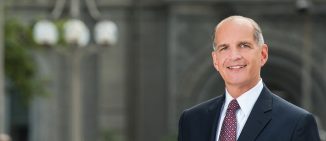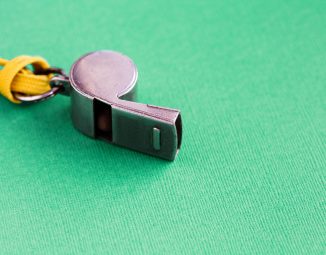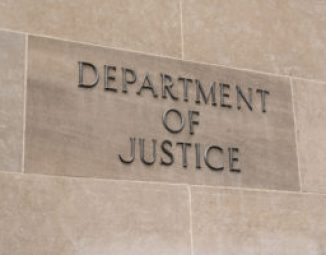Supreme Court Punts on False Claims Act Specificity Requirement
Last week the Supreme Court of the United States rejected a petition for a writ of certiorari in Medical Device Business Services, Inc. et al. v. United States ex rel. Nagrol et al. In this case, the petitioner asked the Court to resolve a circuit split on the question of what Fed. R. Civ. P. 9(b) means in False Claims Act (“FCA”) context. By punting on this issue once again, the Court leaves in place the current confusion, forum shopping, and potential for companies to face frivolous FCA litigation.
The FCA is designed to prevent fraud against the government through incentivizing private citizens to act as whistleblowers. This can be a constant threat to health providers. The FCA holds that, in relevant part:
any person who—
(A) knowingly presents, or causes to be presented, a false or fraudulent claim for payment or approval;
(B) knowingly makes, uses, or causes to be made or used, a false record or statement material to a false or fraudulent claim; …
is liable to the United States Government for a civil penalty of not less than $5,000 and not more than $10,000, as adjusted… plus 3 times the amount of damages which the Government sustains because of the act of that person.
Because the FCA is an anti-fraud statute, an FCA complaint must allege fraud in accordance with Fed. R. Civ. P. 9(b), which states:
(b) Fraud or Mistake; Conditions of Mind. In alleging fraud or mistake, a party must state with particularity the circumstances constituting fraud or mistake.
Currently, the federal circuit courts of appeal disagree on exactly how this “particularity requirement” should be applied to FCA pleadings. The Second, Fourth, Sixth, Eighth, and Eleventh Circuits require relators without first-hand knowledge of the defendant’s billing practices to allege particularized details about specific false claims that were submitted to the government, including the names, dates, places, and amounts for the submitted claims. The Third, Fifth, Seventh, Ninth, Tenth, and D.C. Circuits, however, apply a lenient version of Rule 9(b). These circuits do not require relators to plead the details of specific false claims as long as they describe the defendant’s alleged misconduct and provide “reliable indicia” that false claims were actually submitted. The First Circuit applies the more stringent standard to complaints alleging that the defendant submitted false claims directly to the government. A more lenient standard is applied to complaints alleging that the defendant induced a third party to submit false claims.
The whistleblowers’ allegations in the case demonstrate just how outcome-determinative the application of one standard over another can be. In this case, the whistleblowers accused the defendants, producers of hip implants, of causing physicians to submit claims to government health programs for hip implants that the defendants knew were faulty. The whistleblowers who brought the case are two British physicians who served as expert witnesses in a products liability action related to the allegedly faulty implants but who had never submitted any claims for the implants to the U.S. government. As such, the whistleblowers’ pleadings did not contain details regarding any specific false claim(s). Rather, the whistleblowers alleged that, because a large percentage of the implants were defective and because a significant portion of the implants were implanted in patients covered by government health providers, it was statistically likely that false claims were submitted. The First Circuit, applying the more relaxed standard, found that the whistleblowers had pleaded their claims with particularity. In several other circuits, however, the lack of any details regarding any specific false claims would have been fatal and the case would have been dismissed.
As a result of the Court’s failure to address this issue, and the fact that FCA claims may be brought nationwide, the Court has left the door open for whistleblowers to forum shop and bring claims in circuits that have favorable laws. This has enabled whistleblowers to bring frivolous FCA actions for which the whistleblower has no proof that any false claims were actually submitted. As pointed out by the defendants in Medical Device Business Services, Inc., leaving the more relaxed standard in place will allow “relators with no inside information about specific false claims to turn every product-liability claim involving medical devices, pharmaceuticals, or anything else purchased by the federal government into an FCA claim.”
The Health Law Gurus will continue to monitor how these FCA claims are handled in different circuits. Be sure to check back for updates.
The information contained in this publication should not be construed as legal advice, is not a substitute for legal counsel, and should not be relied on as such. For legal advice or answers to specific questions, please contact one of our attorneys.




